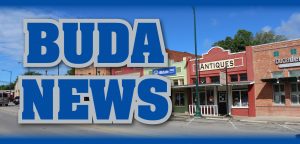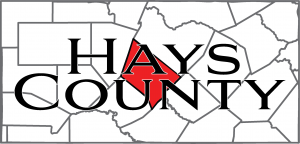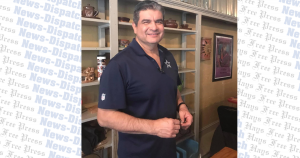BY Moses leos III
Buda citizens will decide this November whether bars, restaurants and dancehalls can sell alcohol until 2 a.m.
The Buda City Council Tuesday voted 5-1 on a resolution calling for a Nov. 4 referendum to extend alcohol sale hours within city limits. Councilmember Eileen Altmiller was the dissenting vote.
If approved, the new law would allow businesses to apply for a late hours permit with the Texas Alcoholic Beverage Commission to stay open until 2 a.m on any night.
The city cannot use zoning to restrict late hour permits, but it can regulate certain uses, including businesses whose on-premise sales exceed 75 percent of gross receipts. The city could also further define a dancehall for zoning purposes. The city can amend its Unified Development Code to allow for both uses to fall within the Interstate Corridor Overlay District.
Tuesday’s measure was pushed by the owners of Mavericks Country-Rock Dance Hall, which is seeking to open a dancehall in Buda. Several citizens last week voiced concerns about protecting the city’s small town charm.
Mayor Todd Ruge felt the timing was right to place the initiative before voters.
It was bolstered by his belief that the city has been able to keep – “and will continue to keep” – its small town feel. The referendum could allow Buda to bring more entertainment options. Ruge said the city’s average demographic of 33- to 34-year-olds are wanting entertainment options.
The referendum would allow Buda to keep tax dollars from leaking to other cities, such as Kyle, that allow businesses to apply for late hour permits.
According to city estimates, the present net value of the tax impact Buda could see from Mavericks is anywhere from $350,000 to $519,000 over a ten-year period.
“As mayor and finance guy, I want to keep those tax dollars in town,” Ruge said. “If it’s something the citizens want to do, they’ll vote yes. If it’s something they don’t want, they’ll vote no.”
Buda bond pushes tax rate up
By a 6-0 vote, the Buda City Council officially set the proposed ad valorem tax rate at $.3475 per $100 valuation. The move would increase the city’s tax rate by roughly five cents from a year ago. The difference would mean an increase of roughly $99 per year for a household valued at $200,000.
The majority of the increase will go to cover debt service. The city’s proposed tax rate is comprised of a .2298 rate for the interest and sinking fund.
Earlier this year, the city issued the first $10 million in General Obligation bonds for the $55 million initiative passed by voters.
Ruge called the move a “Catch 22” as the city needs to increase the tax rate to not only meet growth, but cover debt.
“We have to use that mechanism to cover that debt,” Ruge said. “The fact of the matter is that the citizens okayed this. Unfortunately, to cover that, taxes have to go up.”
With supporting contributions from Kiana Poorfard








